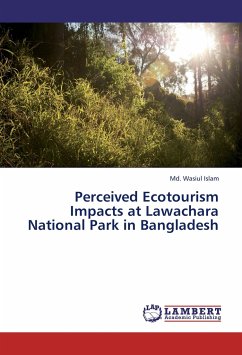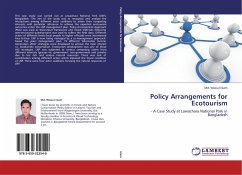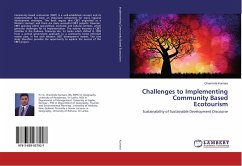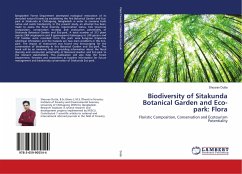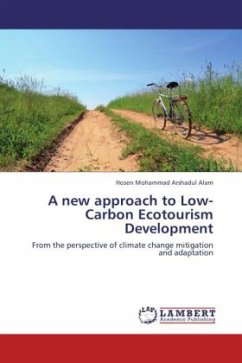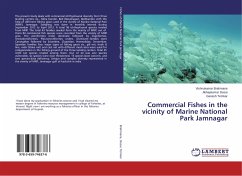The aim of the study was to get the insights into the impacts of ecotourism at Lawachara National Park (LNP), Bangladesh as perceived by the local people and main stakeholders of the Nishorgo Support Project (NSP) with the view of four dimensions of 'prism of sustainability'. Ecotourism (ET) was identified as one of the 'Alternative Income Generation' strategies of the NSP (2003-2008). NSP targeted to reduce the dependency of the local communities on the natural resources and to make them environmentally sensitive. These ET interventions had different types of impact on the local communities and the Park. This study attempted to analyze these impacts by the perceptions of these key stakeholders and the role of newly introduced co-management approach (CMA) on these ET impacts. Perceptions of ET impacts were collected in terms of importance of 20 ET impacts, satisfaction on the performance, and their satisfaction for the contribution of CMA to generate these impacts. The performances of these impacts were lower than the perceived importance by the respondents. Considering the goal of the NSP to conserve biodiversity of LNP, ET has been identified as a successful and potential tool.
Bitte wählen Sie Ihr Anliegen aus.
Rechnungen
Retourenschein anfordern
Bestellstatus
Storno

